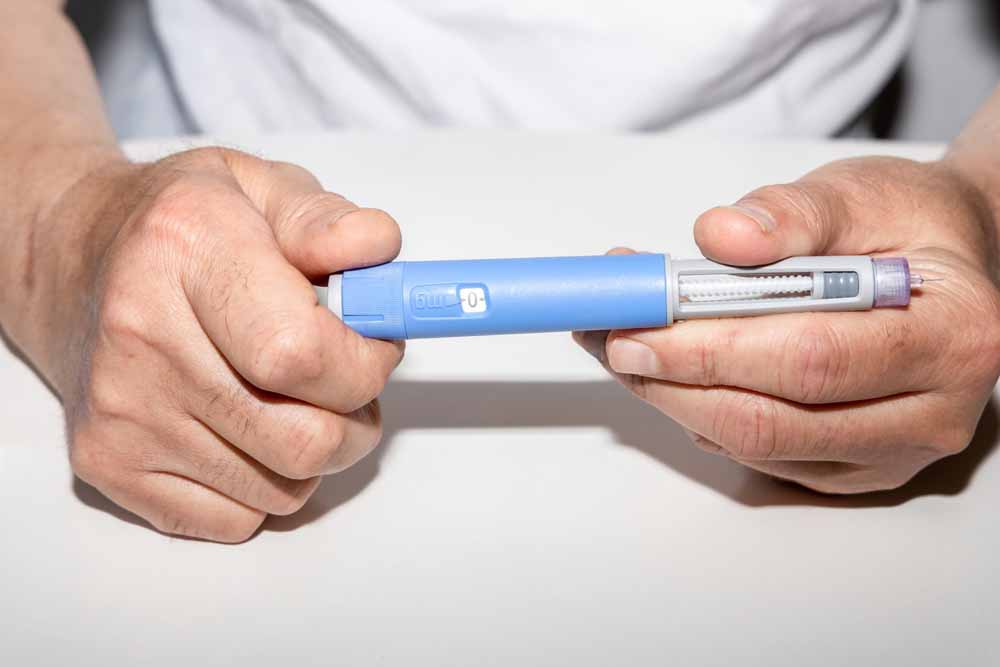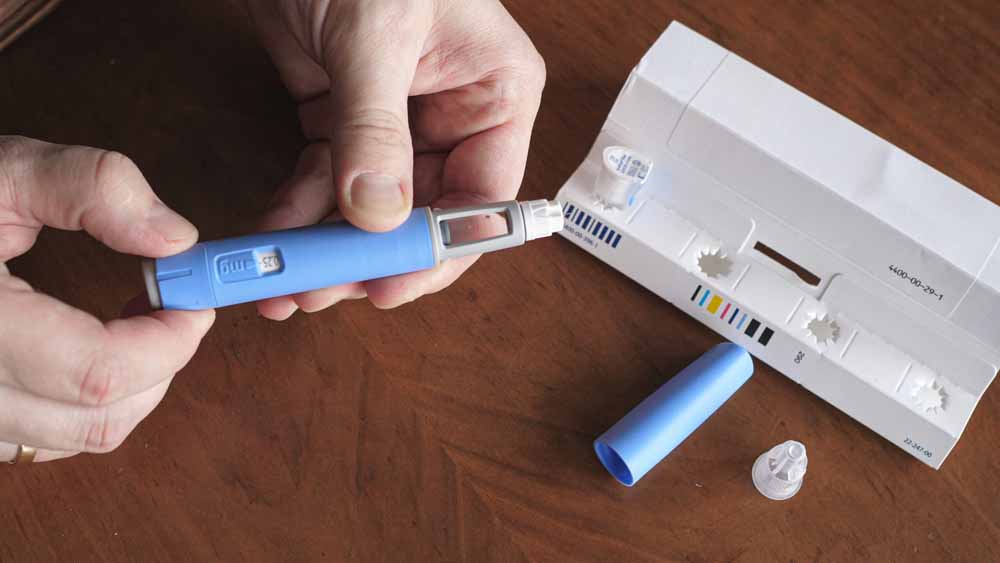New Year Resolutions
Part of the excitement of the year coming to an end is the anticipation of a new year to come…
Another chance to make good on our intentions for better health, wealth, spirituality, and more…
And although the story of the new year is told tongue in cheek – that many of us will set resolutions that will fade by the end of February, many of us see the freshness of a new year, a new page as a blessing!
It is another opportunity to shed the old year in all its losses and all its victories for a new year of endless possibilities…
So how do we set out to envision those gains, those growths and those successes?
Here are 15 habits and behaviors to adopt in 2016 to make it truly the best year yet!
- Become a Better Time Manager: Time is an invaluable asset and should be spent wisely. Learning where to expend energy, and where not to, has innumerable benefits, including less stress, more free time, fewer mistakes and improved production.
Forbes writer Jeff Boss suggests spending a week making a list of everyday distractions – the things that occupy time throughout the day but serve little purpose. Then eliminate them, or set aside an hour every day for tending to those diversions.
- Manage and Eliminate Your Debt: The peace of mind that comes with taking control of debt can do wonders for overall health. The first step to getting on track financially is to get organized. Make a list of all debts, including minimum monthly payments and due dates. Create a bill payment calendar to remind you which payments are due when.
- Go Back to School or Take a Break: Furthering your education can be a great way to grow intellectually, find a new career path, or discover a sense of purpose. But it can also be a trap of the never ending academic bubble. If school is coming to a close for you, consider a year off, working and growing your self via books, podcasts and the endless material available to aid your mindset.
- Make an Effort with Co-Workers: We spend countless hours with the people we work with, but few of us take the time to get to know our colleagues. Building friendships in the workplace can actually relieve stress or tension in the office, according to the San Francisco Gate.
- Be More Mindful: Downtime can make many people uneasy – all those errands aren’t going to run themselves! – but getting off the hamster wheel every now and then is a must. “Having unknowns in your schedule and being OK with that can force you to really focus on what’s at hand,” according to Life Dev.
What it comes down to is learning to live in the moment, what some psychologists call “mindfulness.” Many of us schedule our every move, and then obsess over sticking to the plan. Few people allow room to improvise or to simply be still. Learning to be mindful – putting your attention on the present, rather than thinking about the past or planning for the future – can relieve stress, improve sleep, lower blood pressure and improve overall well-being, according to Harvard Health Publications.
- Be a Better Listener: Cultivating strong professional and social relationships, as well as improving memory, are just some of the advantages of being a good listener. Eye contact and positive body language can go a long way in a conversation. Listening will help you better show support for others, resolve problems and build rapport.
- Quit Smoking: Smoking cigarettes is the leading cause of preventable deaths in the U.S. Each year, more than 480,000 deaths – about one in five – are linked to smoking, according to the Centers for Disease Control and Prevention.
Smoking increases the risk of heart disease or stroke by two to four times, lung cancer in men by 25 times and lung cancer in women by 25.7 times. Make 2015 the year to drop the bad habit. Start by setting a quit date, spread the news to family, coworkers and friends, and discard all cigarettes, lighters and ashtrays from your home, car and office. Most importantly, talk with a doctor about developing a quitting program that’s right for you.
- Log in Some Volunteer Hours: Volunteering is a great way to make a difference in someone else’s life, build self-confidence, develop new skills, foster friendships and cultivate a sense of purpose. Find something you enjoy doing, and commit a few hours a week or a month to giving back.
- Eat Better: Reducing the risk of heart disease, boosting energy, fighting disease and improving mood – these are just a few of the many benefits of having a healthy diet. It’s easy to get into a routine of eating out. Making a run to the deli or burger joint for lunch during work might seem convenient, but all of those calories end up costing more than an hour’s wage. Make a point to pack your own lunch for work, a lunch of fruits and vegetables and protein.
- Try New Foods: The adage that variety is the spice of life holds true. Exploring new culinary traditions can be fun, engaging. Get adventurous! Make a point to try a new recipe once a week. Learning to give something new a try is a lesson that will take you far in life.
- 1 Get Enough Sleep: The average adult needs between seven and eight hours of sleep a night, according to Mayo Clinic. It’s one of the best ways to keep your body and mind in tip-top shape. A good night’s sleep has been linked to less stress, increased alertness, reduced inflammation and may even prevent certain cancers.
- Make Time for Exercise: Just 20 minutes a day of moderate physical activity can boost energy, improve mood and keep certain dangerous health conditions like high blood pressure at bay. Walking, swimming and mowing the lawn fall into the category of moderate exercise. Exercise doesn’t have to be tedious. In fact, it can even be fun. Take a dance class, go hiking or join a local sports team to get the blood flowing.
- Take a Trip: The benefits of taking a vacation are many and can contribute to a positive attitude and improved emotional health, according to USA Today. “Vacation should be really defined as a time when we can really turn off those tech work savers and just relax and have fun,” Robert R. Butterworth, a Los Angeles psychologist, told ABC News. “If you have a job that’s very creative and you don’t take time off you hit a wall and you need a change. The break will allow you to refresh your brain cells.”
- Be Kind to Yourself: Above all else, remember that it’s OK to make mistakes along the way. Be kind to yourself – the process of making improvements to our daily routines is a marathon, not a sprint. Self-love can go a long way toward a healthier lifestyle.




